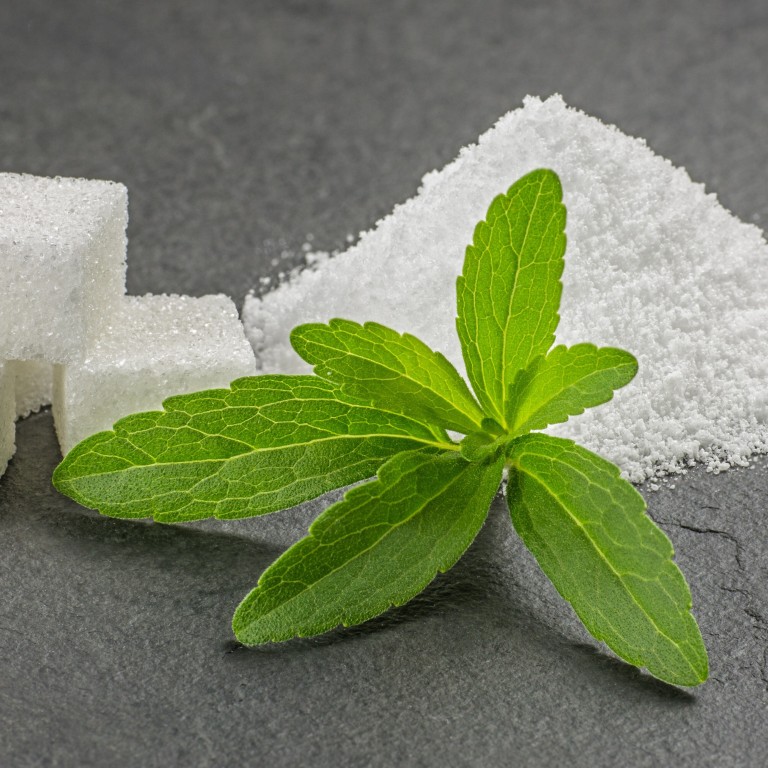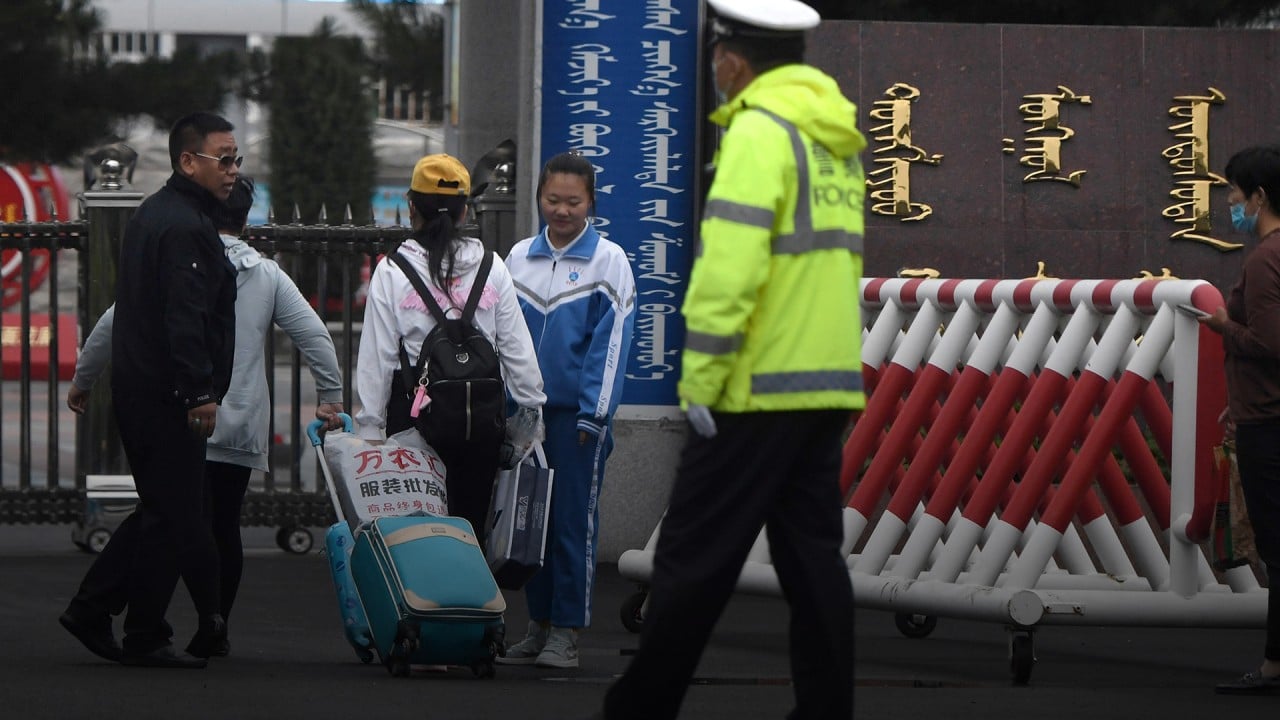
US bans China sweetener products, claiming breach of forced labour law
- Customs order to seize imports of stevia made by Inner Mongolian company based on ‘conclusive evidence’
- Finding is a warning to US importers to clean up supply chains or face seizures and forfeiture, agency says
The United States says it has “conclusive evidence” that a Chinese company in Inner Mongolia used forced labour to produce extracts of a popular sugar substitute and has instructed US ports to seize shipments and begin forfeiture proceedings.
US Customs and Border Protection (CBP) did not make any evidence public but said on Tuesday that it had determined that Inner Mongolia Hengzheng Group Baoanzhao Agriculture, Industry and Trade had used “convict, forced or indentured labour” to produce stevia extracts and derivatives.
Stevia is a zero-calorie, natural sugar substitute used in a number of popular products, including soft drinks like Coca-Cola. China is the world’s largest manufacturer of stevia products, according to market analytics firm QYResearch.
The determination of “conclusive evidence” of forced labour marked the first time the agency had reached such a finding since 1996, it said.

03:11
Mongolians fear loss of languages as China pushes Mandarin at school
According to Chinese commercial database Tianyancha, Baoanzhao is owned by Inner Mongolia Hengzheng Industrial Group, a wholly state-owned enterprise. Official financial records from 2017 listed on the Inner Mongolia autonomous region’s government website indicate the Hengzheng Industrial Group operates under the jurisdiction of the Inner Mongolian prisons administration.
CBP did not immediately respond to a request for comment on the specific nature of the evidence implicating Baoanzhao but an agency spokesman referred inquiries to a notice filed in the federal register on Tuesday. This said an investigation had found “sufficient evidence” to support the finding that Baoanzhao was in fact a “prison/forced labour facility” and that its stevia extract products were being imported into the US.
Brenda Smith, an executive assistant commissioner in CBP’s trade office, said the finding was a warning to US importers who failed to eliminate forced labour from their supply chains that shipments could be subject to seizure and forfeiture.
“We hope this action encourages importers to take a close look at their supply chains to ensure that they meet the humane and ethical standards of the United States government,” she said.
US House passes forced labour bill that would bar Xinjiang imports
In a statement, the Chinese embassy in Washington did not address the specific charges against Baoanzhao, but accused the US government of “political manipulation” and taking “unjustified measures to take bring down Chinese companies”.
“We urge the US side to respect facts, stop political manipulation and stop deliberately undercutting the normal economic and trade cooperation between Chinese and American enterprises,” the statement said. “China will continue to take all necessary actions to safeguard the legitimate rights and interests of Chinese enterprises.”
Officials in Beijing have previously ardently denied the existence of state-sanctioned forced labour in other parts of the country, notably the Xinjiang Uygur autonomous region.

